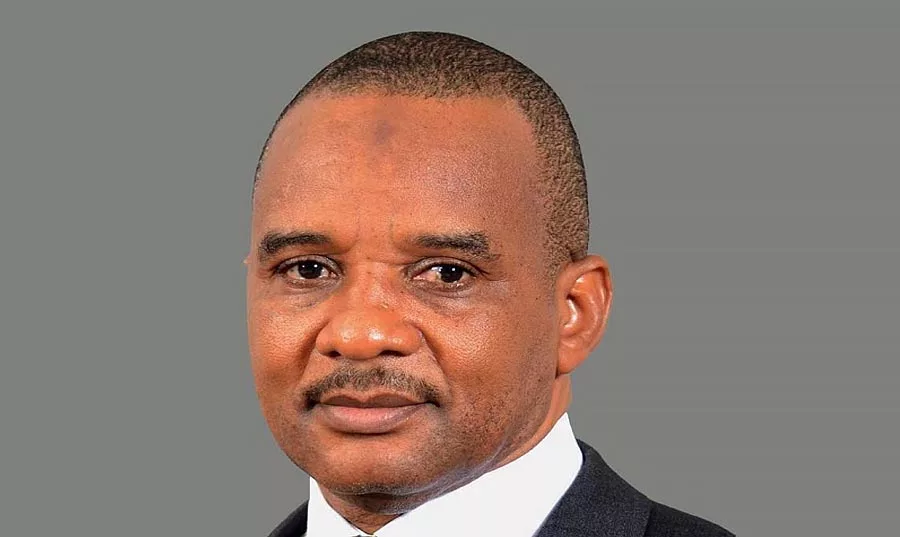The transportation of harmful non-indigenous Invasive Aquatic Species (IAS), also known as, biofouling, poses a huge threat to Nigeria’s transition to Blue Economy, the Nigerian Maritime Administration and Safety Agency (NIMASA), has said.
Speaking at the opening ceremony of the 3- day workshop on the transfer of environmentally sound technologies (Test Biofouling), project for partnering Countries, in Lagos, the director-general of NIMASA, Dr Bashir Jamoh, said biofouling incurs environmental burdens such as: low productivity, biodiversity, lower resilience to climate change and economic burdens including financial loss due to low productivity.
NATIONAL ECONOMY reports that ships serve as a channel for transportation of harmful non-indigenous Invasive Aquatic Species (IAS). These organisms attached themselves to the outer surface and niche areas of a ship, and are then translocated from one ecoregion to another.
The process by which organisms attached themselves to the ship and other surfaces is referred to as Biofouling.
However, Jamoh, further stated that, biofouling increases the hydrodynamic drag of ships which results in increased fuel consumption, reduced speed and maneuverability, consequently leading to increase Greenhouse Gases (GHG) emission.
“Biofouling poses a huge threat to Nigeria’s transition to the Blue Economy as it incurs environmental burdens such as low productivity, biodiversity, lower resilience to climate change and economic burdens including financial loss due to low productivity, huge prevention and control costs, in addition to increased operational cost of offshore infrastructures among others.
“Consequently, to prevent the menace ascribed to biofouling in our waters, Nigeria has adopted the IMO guideline for the Control and Management of Ship’s Biofouling which is an international instrument aimed at addressing and maintaining the efficiency, safety and environmental sustainability of our maritime operations as well as prevent the spread of invasive species in our waters.
“Technological advancements have led to some innovative solutions by experts to aid the control and mitigate the impact of biofouling. However, some of these technologies exhibit complexity in the course of their application,” he stated.
The NIMASA DG, said since Nigeria import and export are largely seaborne, the country is inevitably exposed to threats of the IAS transfer into its territorial waters.
“It noteworthy that when these non indigenous marine – species are introduced into an eco-region, they possess the ability to outcompete the native ones, thereby threatening their existence, biodiversity and national food security resulting in huge social and economic impact.
“This workshop on Test Biofouling Project is an initiative of the IMO in close partnership with the Maritime Technology Cooperation Center (MTCC) to assist developing countries advance their knowledge about and facilitate the implementation of the IMO Biofouling Guidelines owing to the complexity of biofouling management and the technologies available,” he stressed.
The NIMASA boss stated that a healthy ocean holds healthy future for the country, stressing needs to protect the oceans, seas and their inhabitants.
He added,“ This session will involve showcasing the newest technologies, their application including cost-effective practices and related benefits for the environment and efficiency of shipping.
“The importance of protecting and conserving our seas, oceans and their inhabitants cannot be overemphasised as we are intrinsically linked to them and their wellbeing reflects our own wellbeing too. As I conclude this address, I leave you with this quote, ‘a healthy ocean is a healthy future.”





